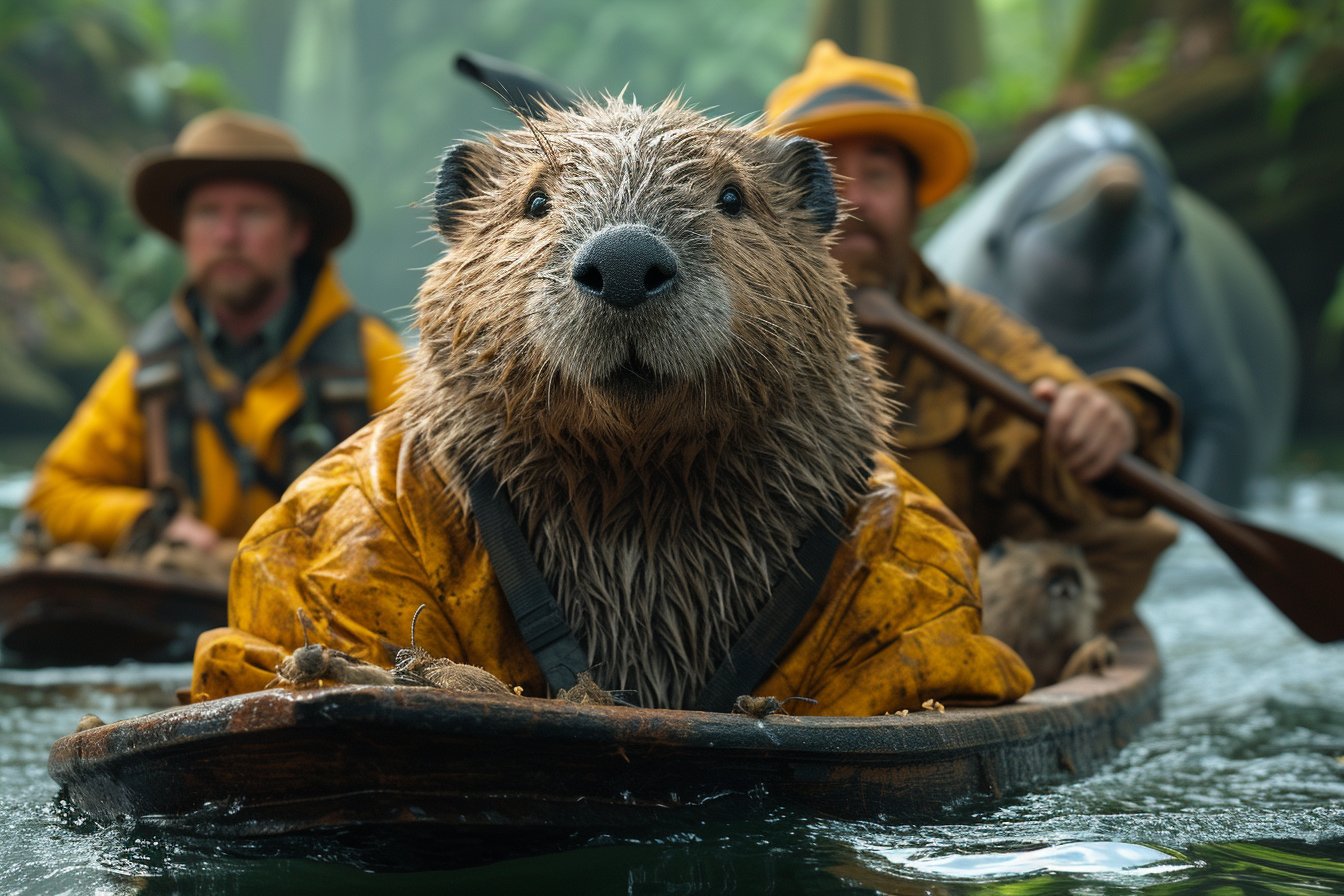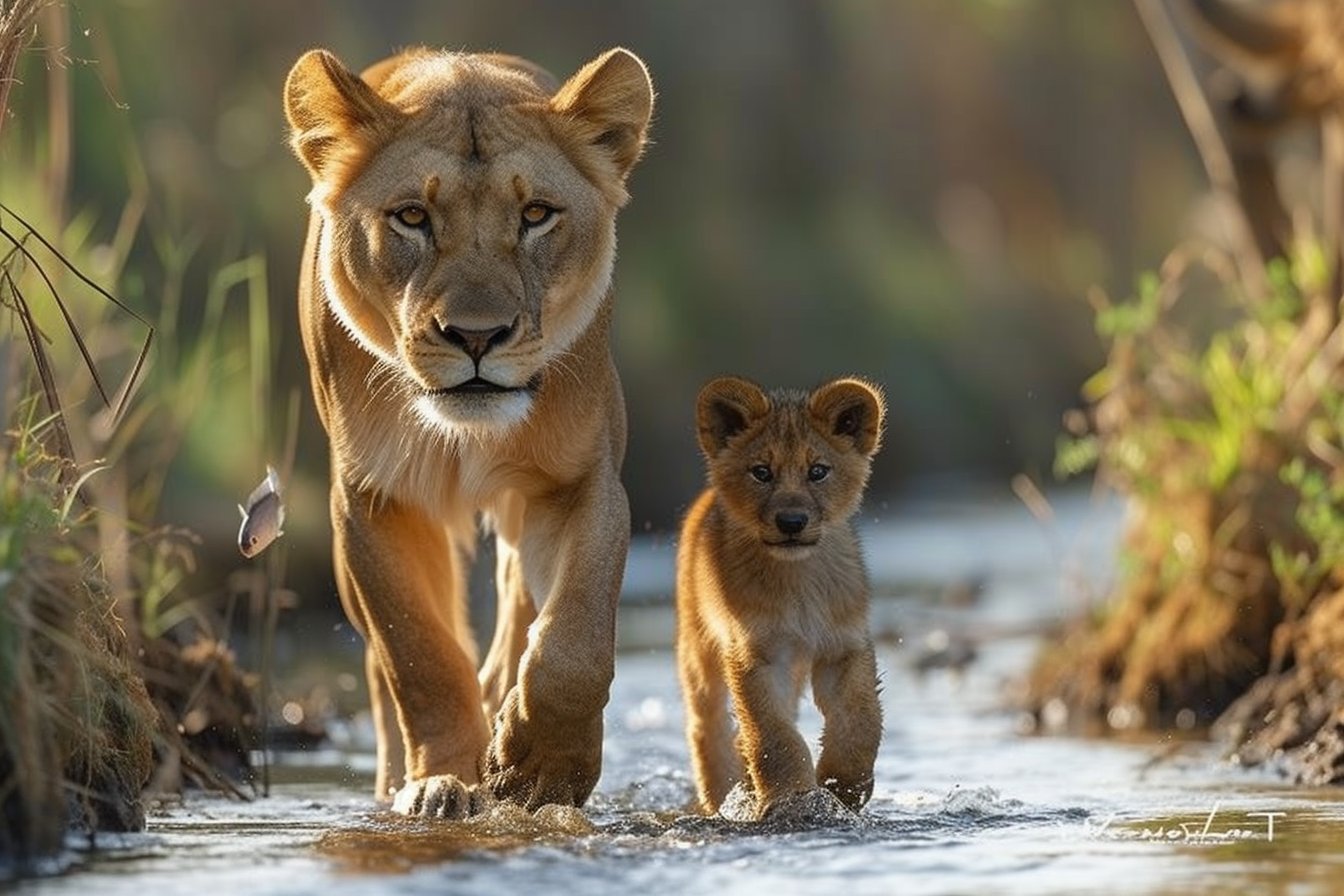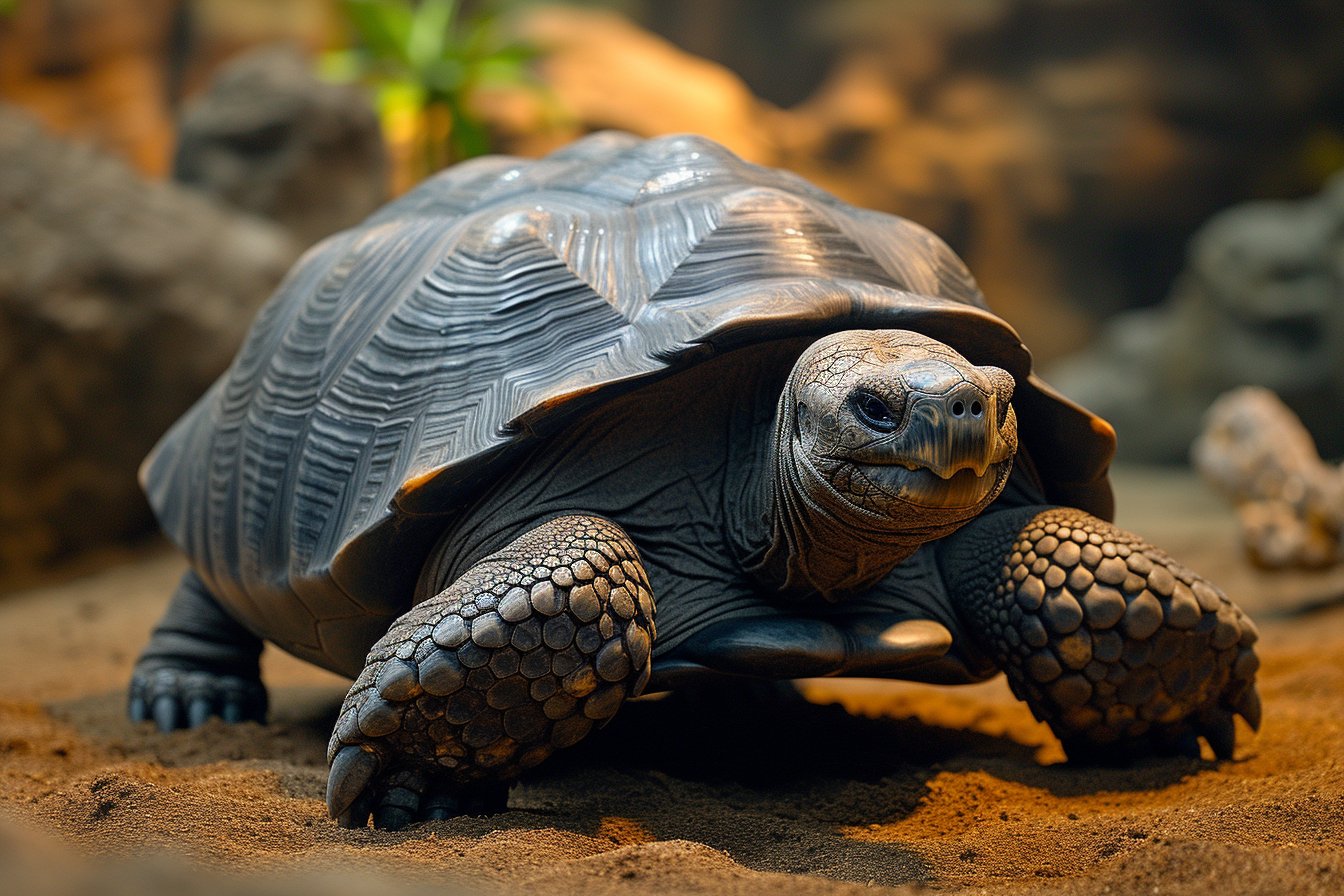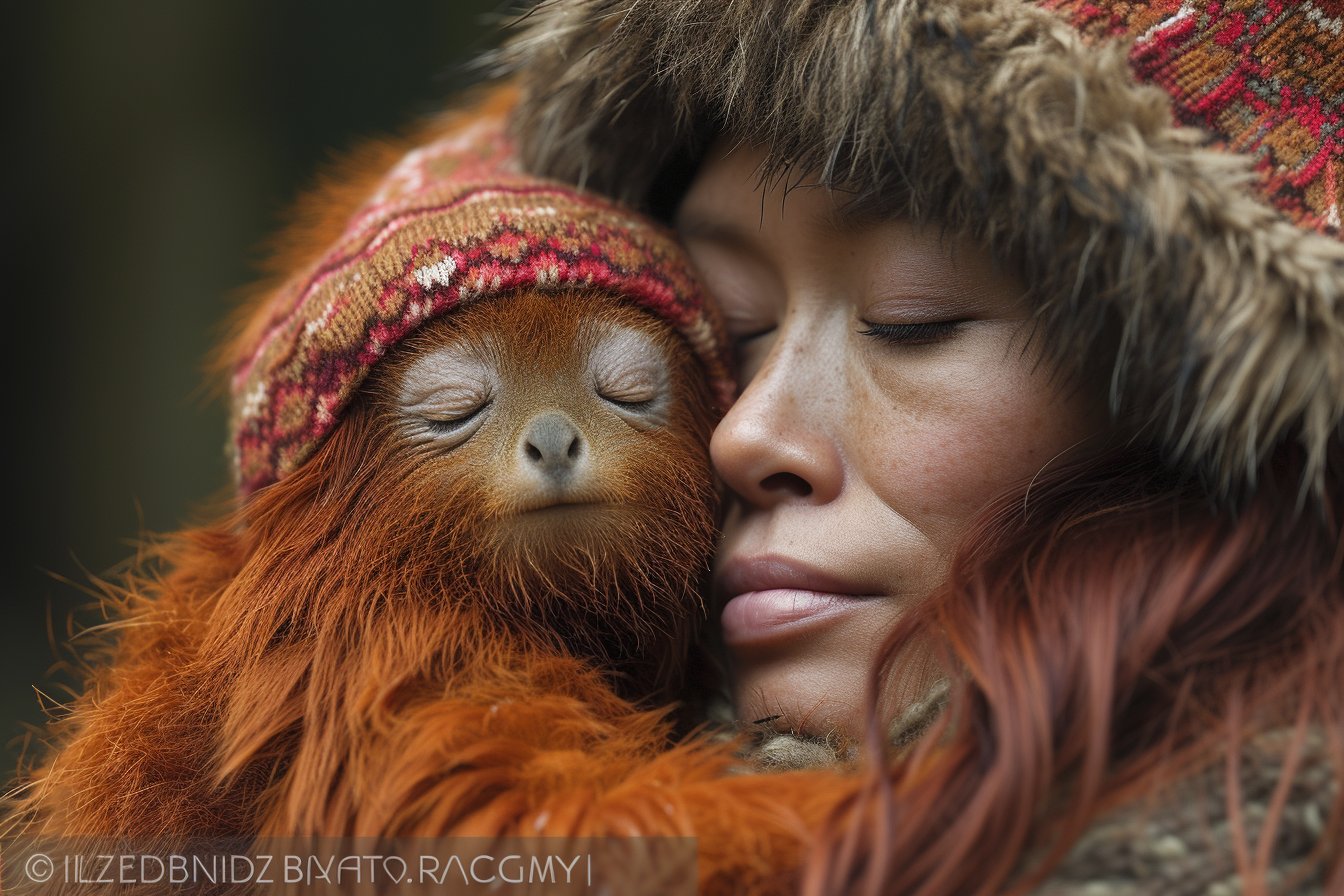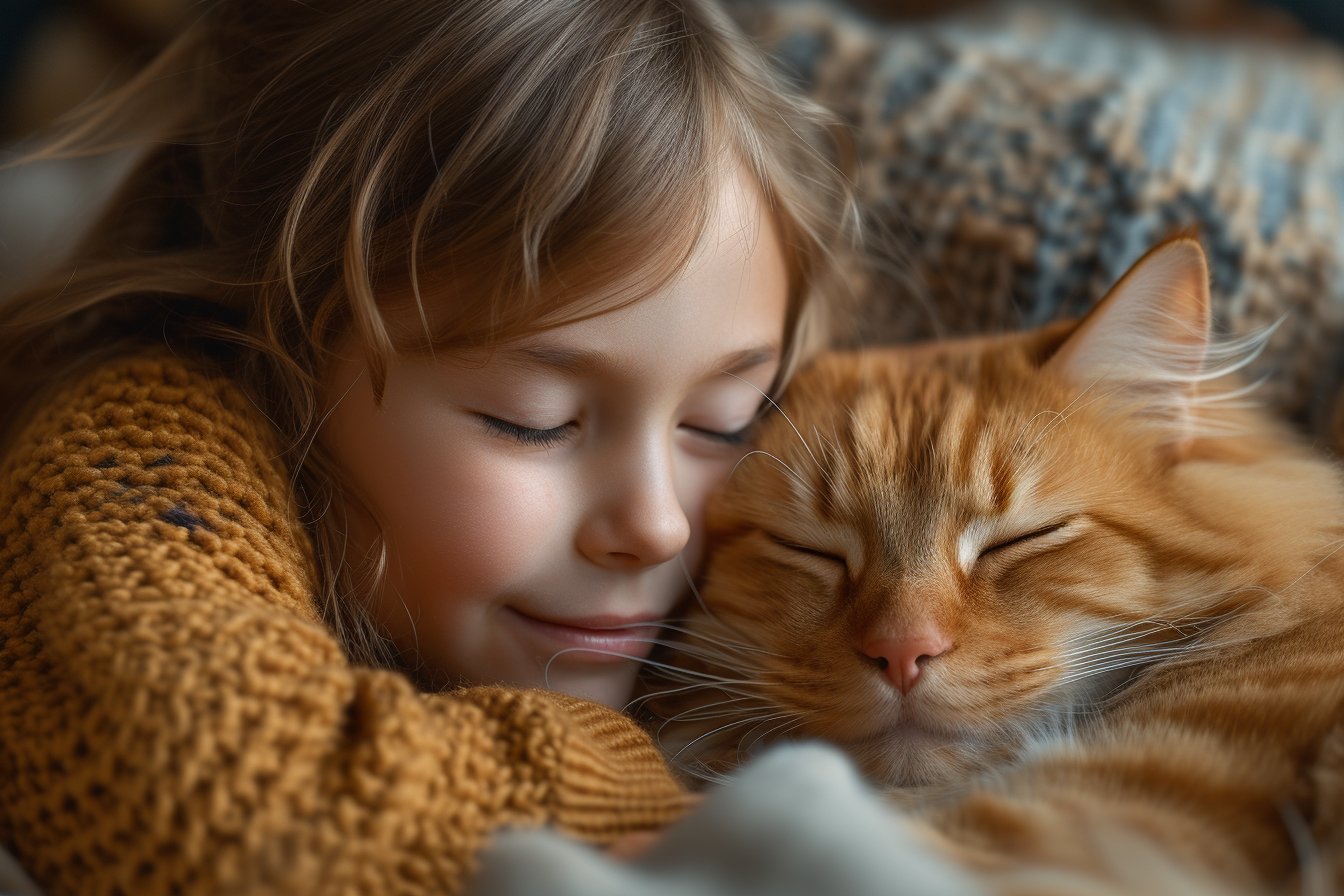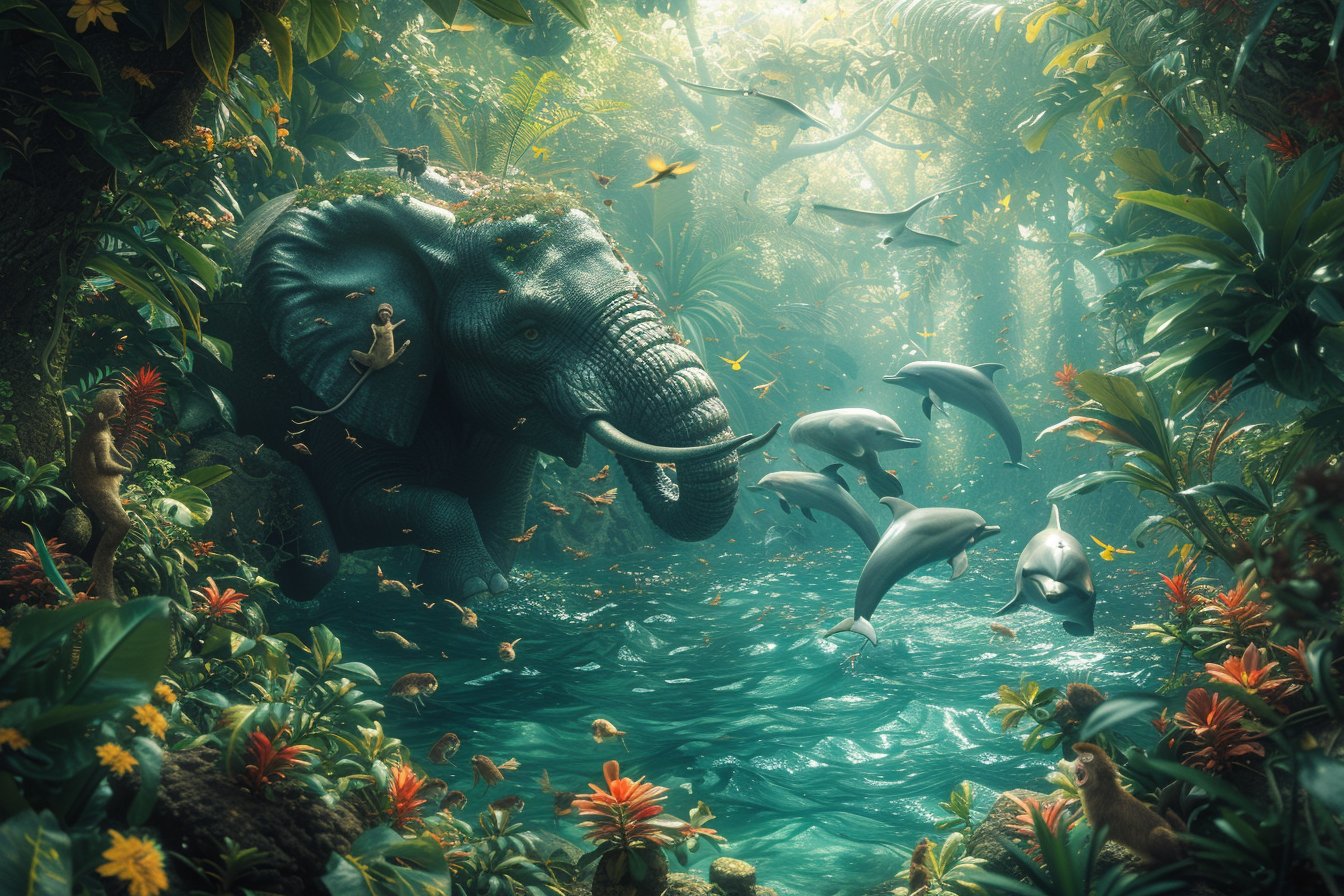When it comes to happiness, humans are not the only species in pursuit of this elusive state. Animals, too, experience various emotions and exhibit behaviors that may be indicative of their overall well-being. The question then arises, what animal can claim the title of being the “happiest”?
In this article, we will explore different creatures and highlight the factors contributing to their apparent happiness.
The Contenders: Top 5 Happiest Animals
- Quokkas
- Dolphins
- Dogs
- Orangutans
- Bears
Some animals have gained a reputation for being especially joyful, either due to their playful behavior or the expressions they display. So let’s get up close and personal with each of these five contenders vying for the title of happiest animal.
A Closer Look at Each Candidate
1. Quokkas – The Ultimate Selfie Star
Native to Western Australia, quokkas are small marsupials that have won hearts worldwide with their endearing smile-like facial expressions. Their friendly disposition has earned them the nickname “the world’s happiest animal.” Just as fascinating is their robust immune system, which allows the quokka population to recover quickly from disease threats such as sarcoptic mange.
Quokka’s “smile,” however, should not be attributed solely to happiness. It is largely believed that their unique arrangement of jaw muscles gives them their signature expression.
2. Dolphins – Brains and Blessings
Dolphins are often linked to happiness due to their playful nature and the frequent display of what appears to be a smile. Their intelligence is evident not only by their ability to carry out complex tasks but also by their remarkably advanced communication skills.
There is more to these seemingly cheerful cetaceans than meets the eye, as evidenced by their altruistic behavior – they have been known to rescue humans in distress and assist other animals in protecting their young. Aside from their sociable interactions with one another, dolphins enjoy spending hours at play, jumping gracefully above the water’s surface or gleefully riding the wake created by boats.
3. Dogs – Man’s Best Friend
Labeling dogs as happy animals might seem cliché, but for good reason. As loyal companions, dog owners the world over can attest to their pet’s seemingly limitless capacity for joy and enthusiasm. A wagging tail is synonymous with happiness for dog lovers everywhere, offering not just physical exercise but emotional connection. Numerous studies have shown that pet ownership can significantly reduce stress levels, loneliness, depression, and anxiety, largely thanks to the unconditional love and companionship dogs provide.
A dog’s happiness is heavily influenced by their bond with humans, relying on our attention and interaction to make them the happiest canine they can be.
4. Orangutans – The Gentle Giants
Largely sedentary creatures, orangutans may not exhibit boisterous displays of happiness like some other animals. However, when observing the way they care for their young, one can’t help but conclude that happiness must play a part in their nurturing tendencies. Baby orangutans spend approximately six years learning vital life skills under the watchful eyes of their mothers, evidence of a strong social bond not only between mother and child but also with their primate kin.
Furthermore, orangutan laughter provides fascinating evidence of their capacity for happiness. According to research, these great apes have demonstrated the ability to playfully communicate through laughter-like vocalizations in response to physical contact such as tickling.
5. Bears – Happy Hibernators
Like orangutans, bears may not strike many as an overtly cheerful animal, thanks in part to their formidable appearance and carnivorous diet. However, these fascinating creatures possess a variety of behavioral attributes that hint at contentment.
Bears are known for indulging in playful antics with one another, especially as cubs. This time spent frolicking is believed to help strengthen both physical and social abilities critical for survival when they eventually venture out independently. In addition, hibernation allows bears to take lengthy breaks from life stresses, giving them ample opportunity to recharge – perhaps even experience some bearish bliss during those long winter naps.
Conclusion: A Tough Call
Determining which of these five animals is truly the happiest is no easy task, as happiness manifests itself differently across species and depends on various factors surrounding their habitat, social interactions, and physical health. Ultimately, the quest continues for identifying the happiest animal on Earth, delivering valuable insights into the emotional lives of these remarkable creatures along the way.


